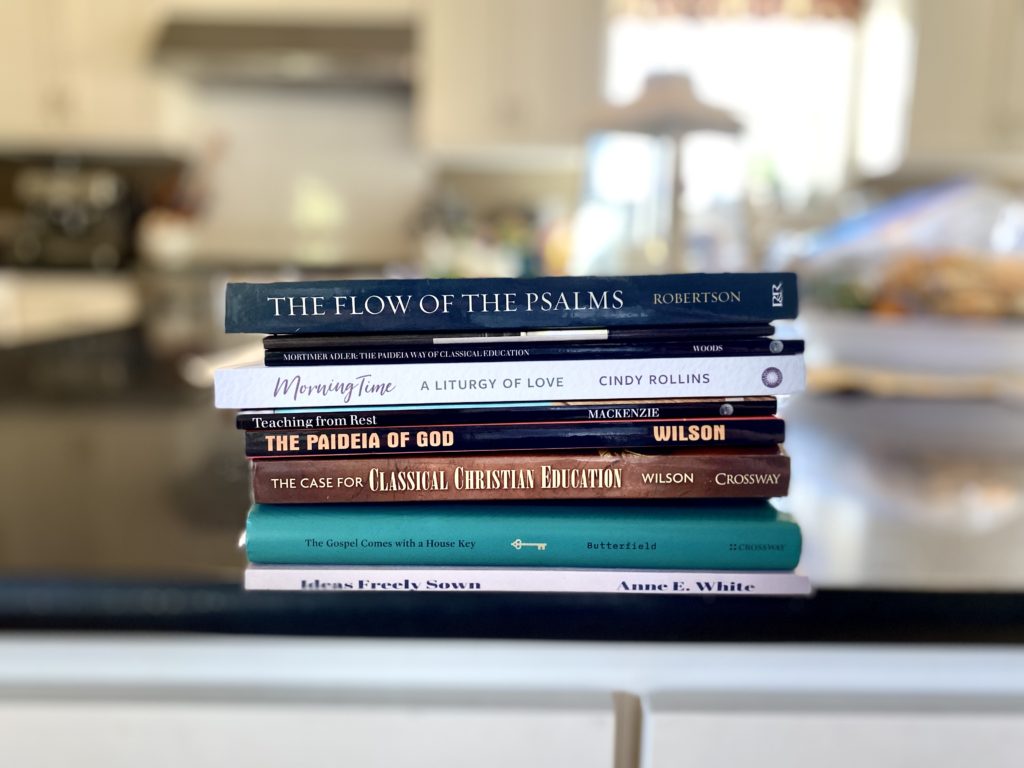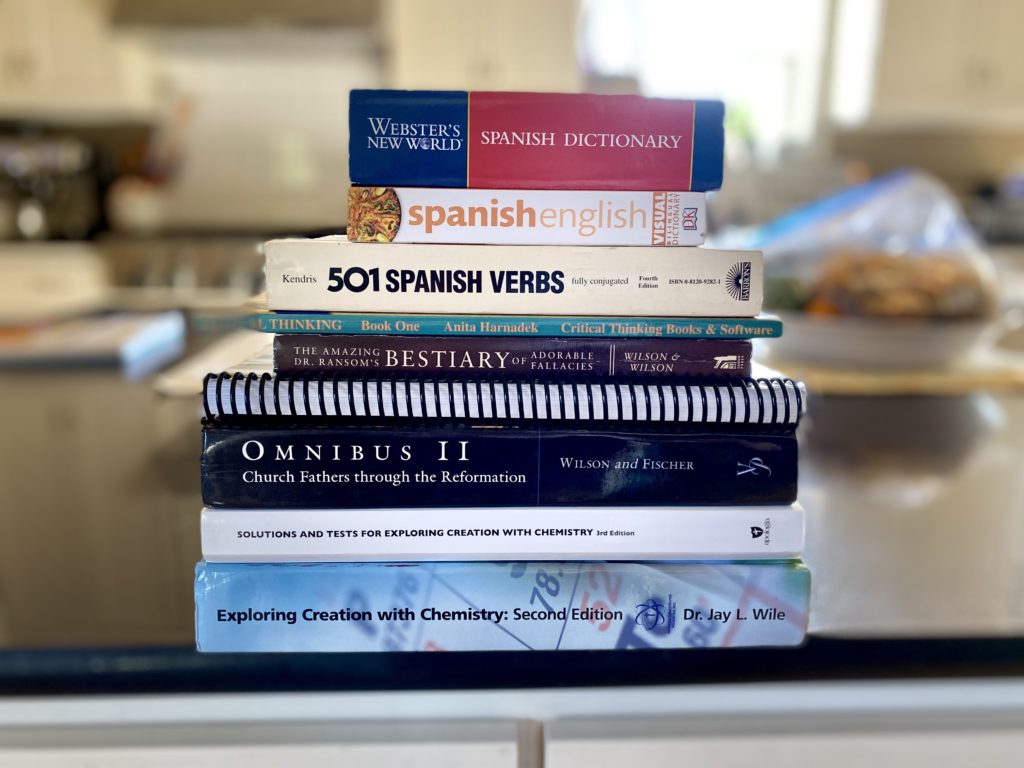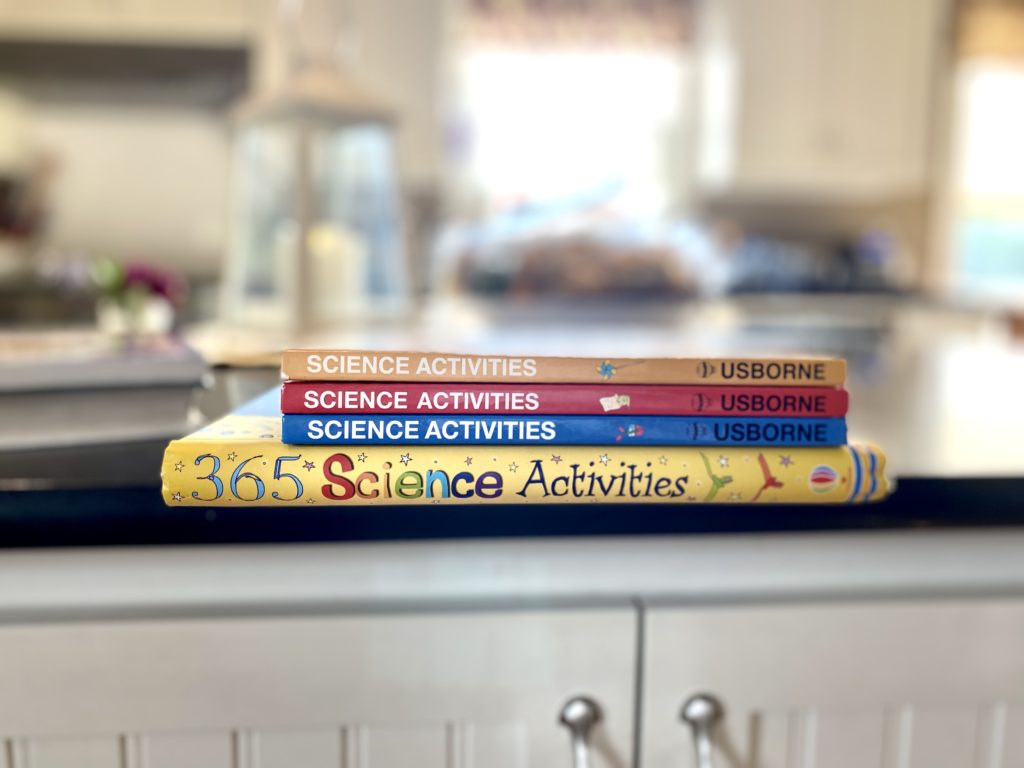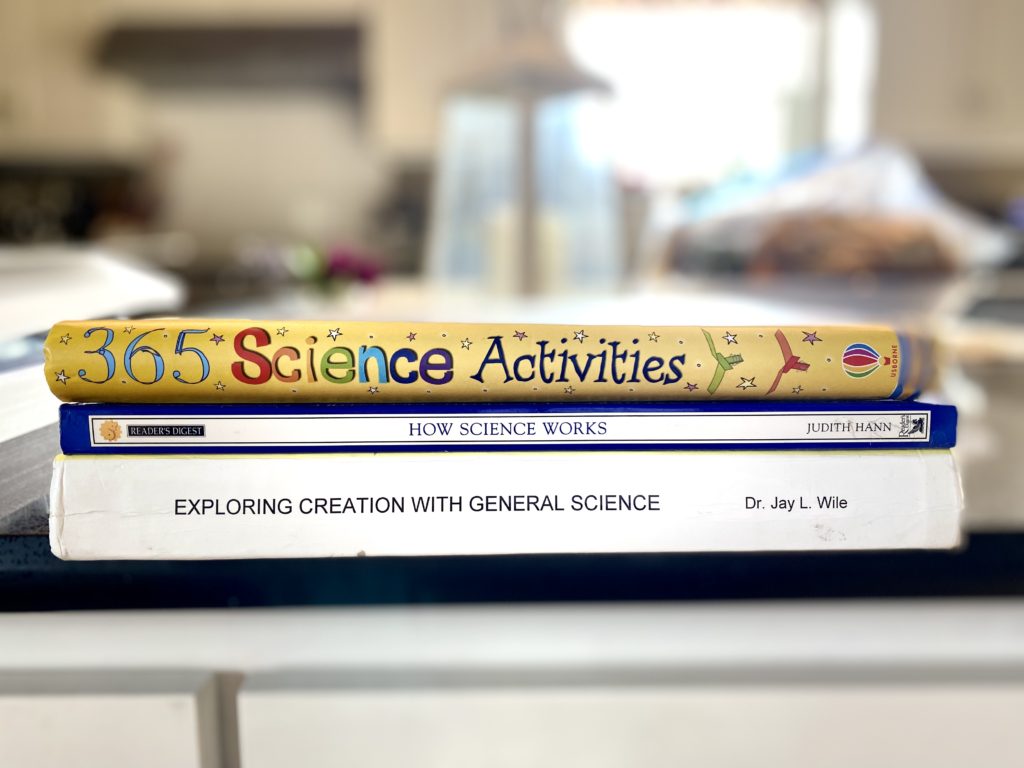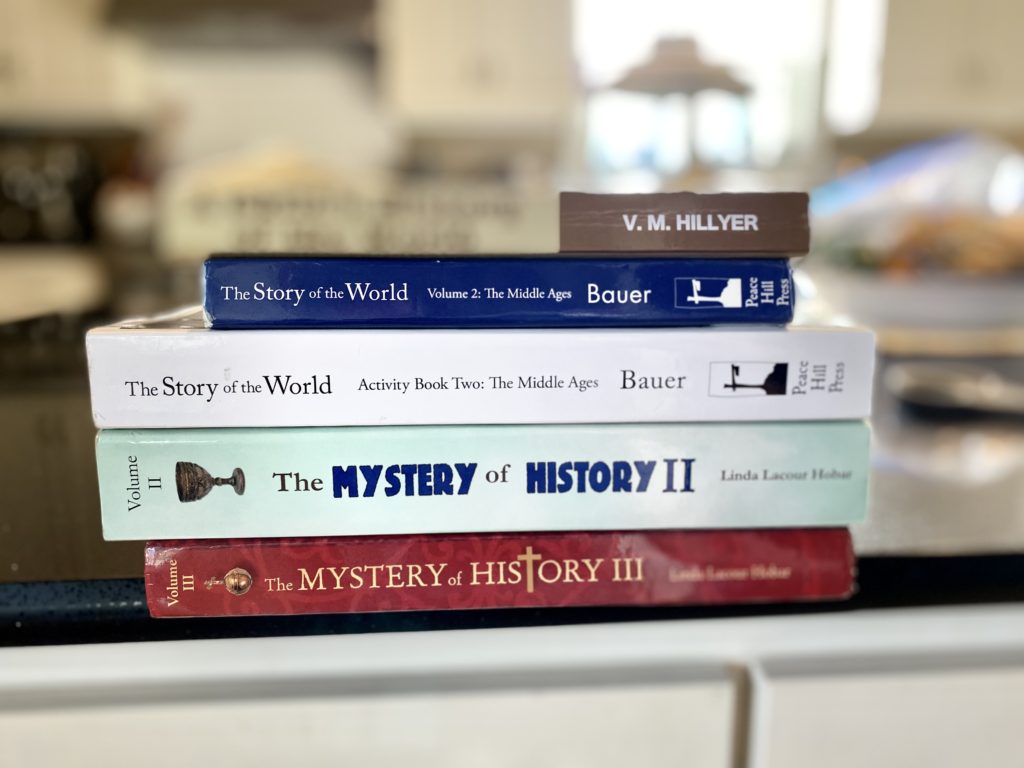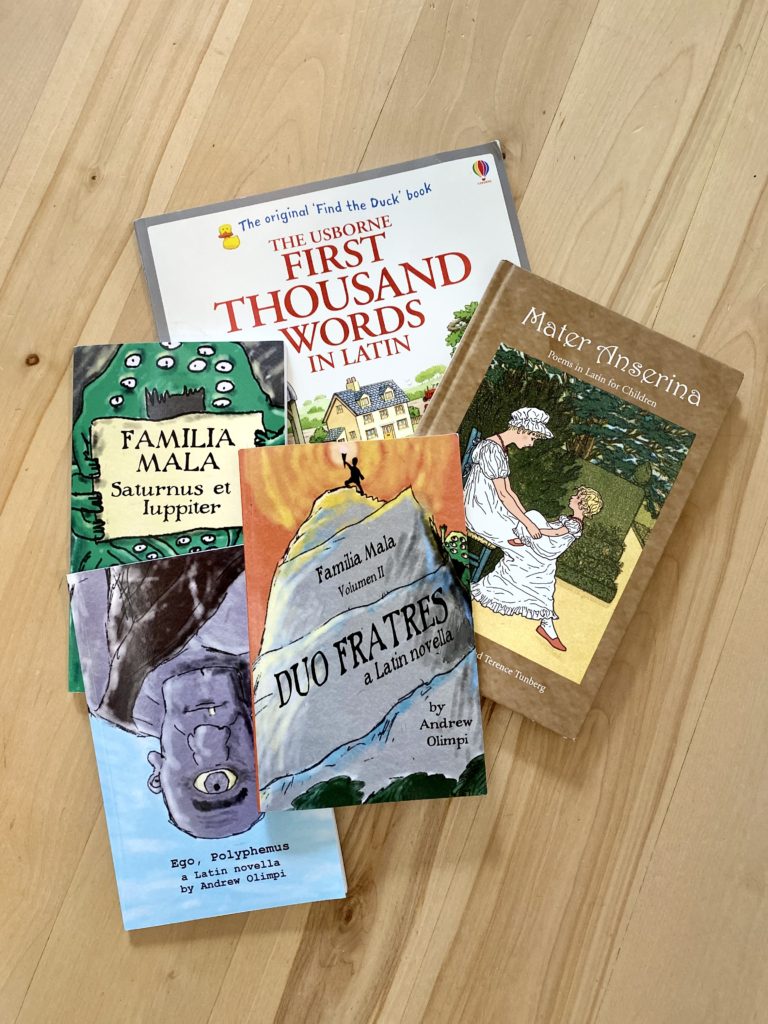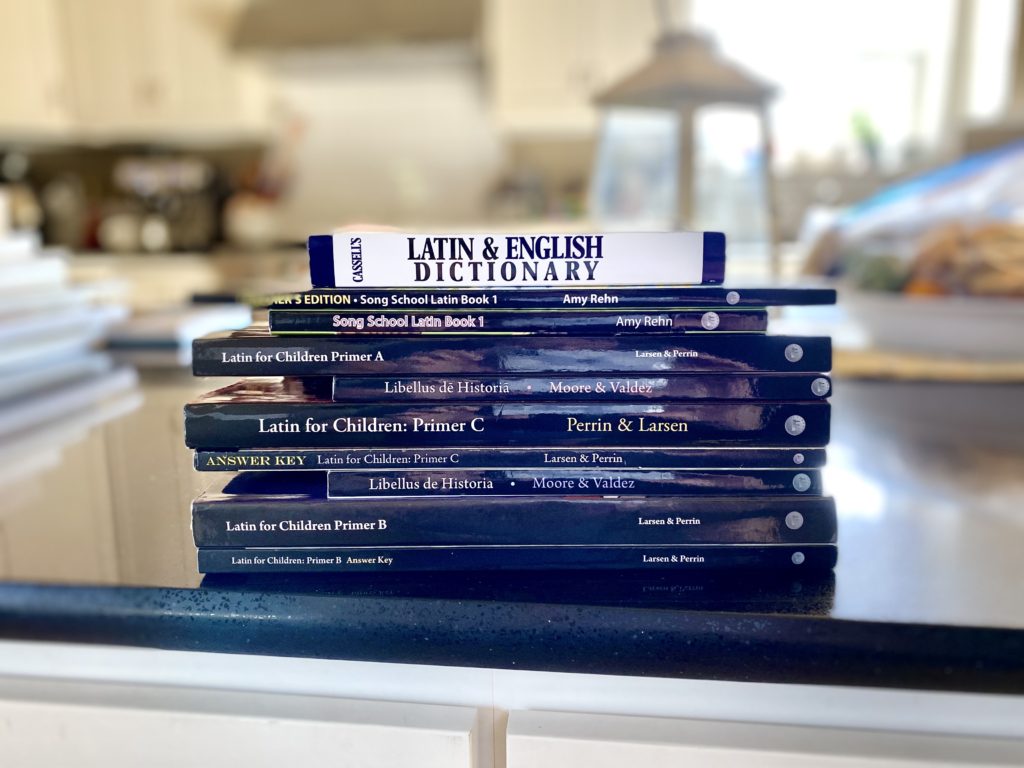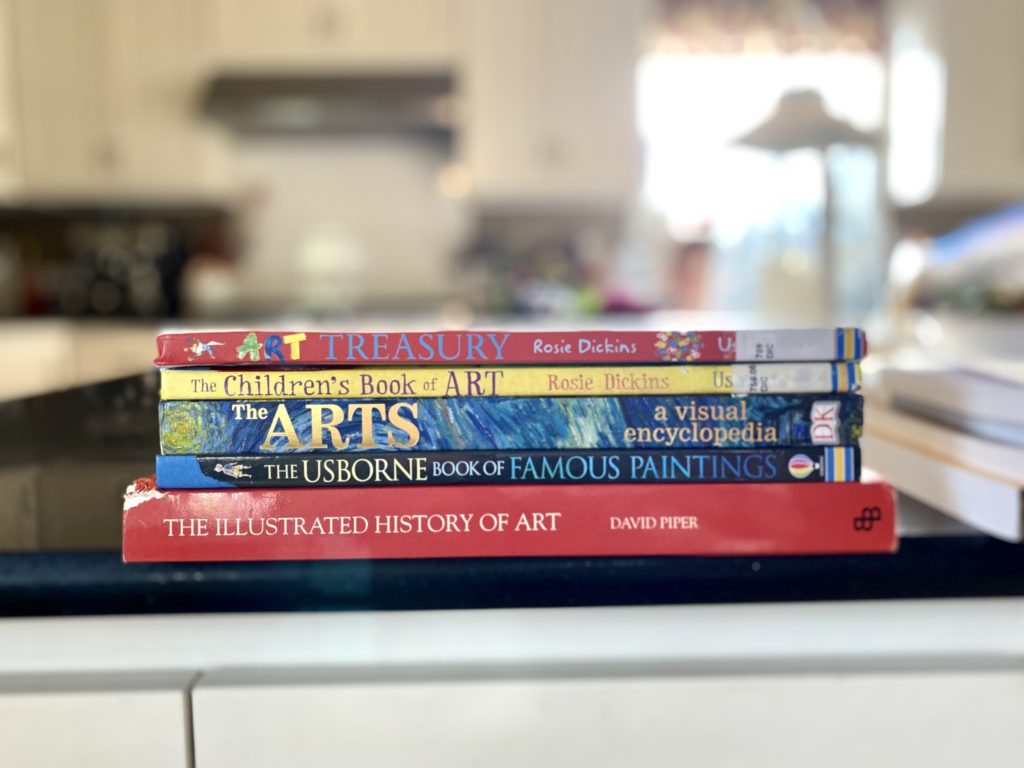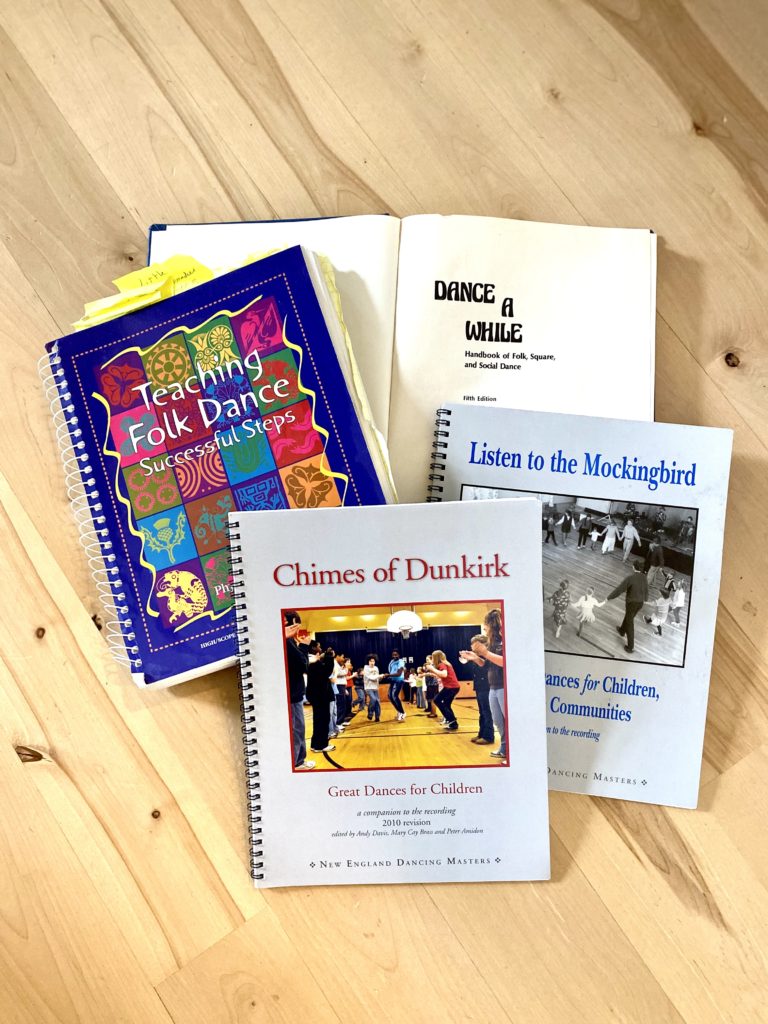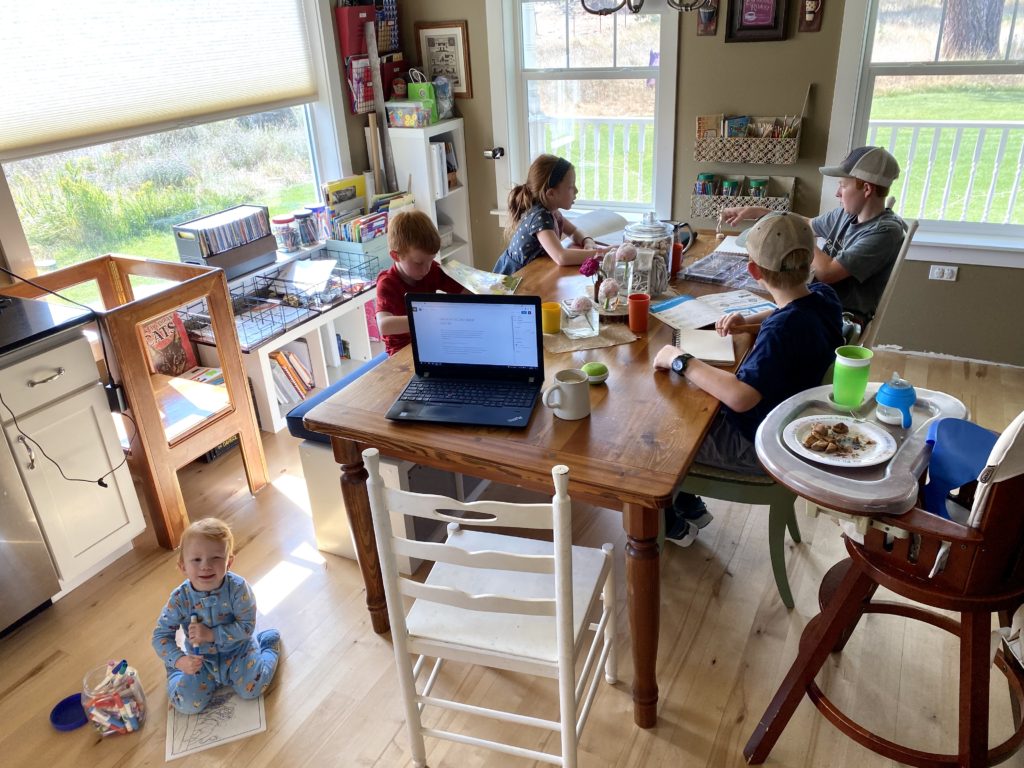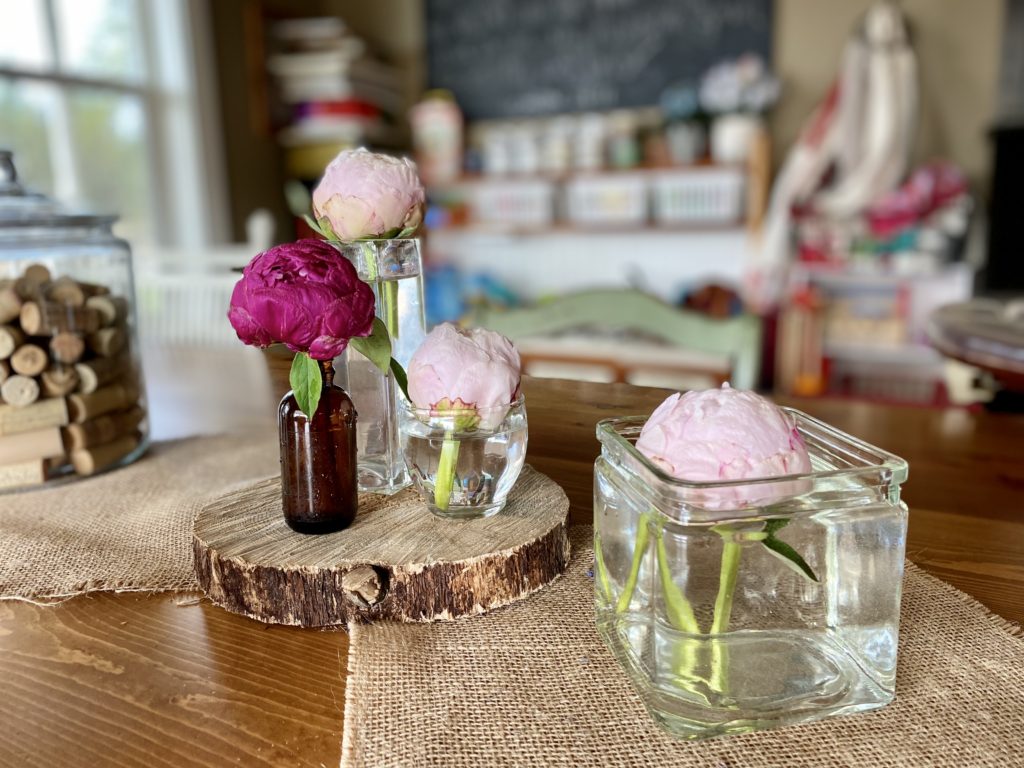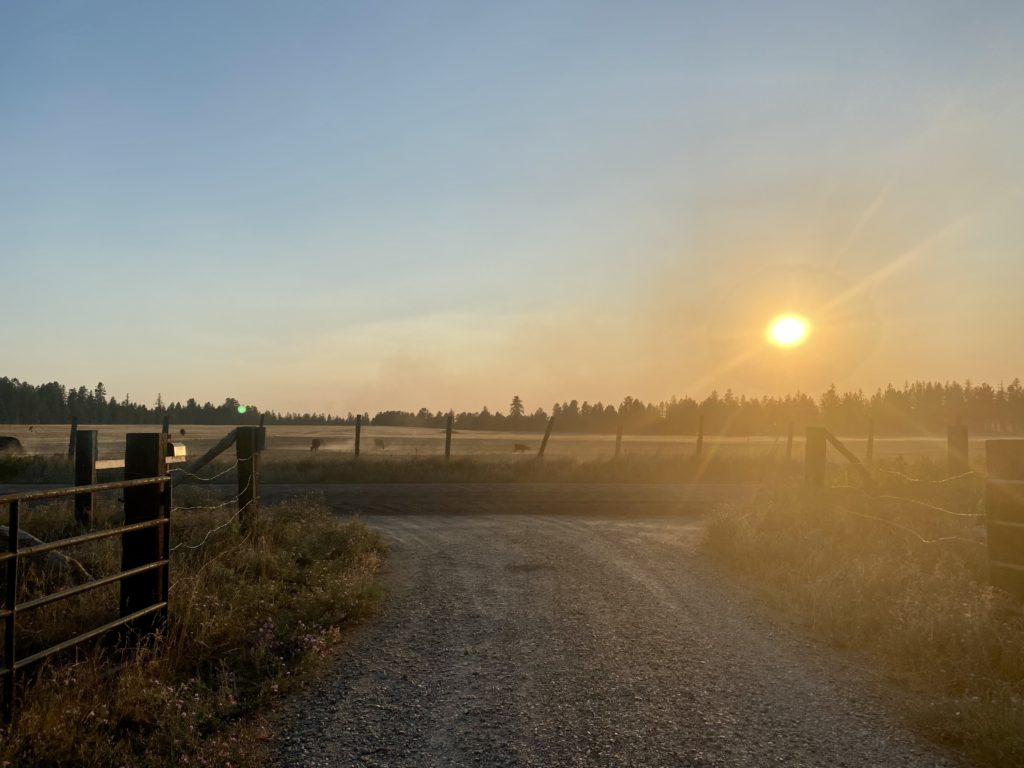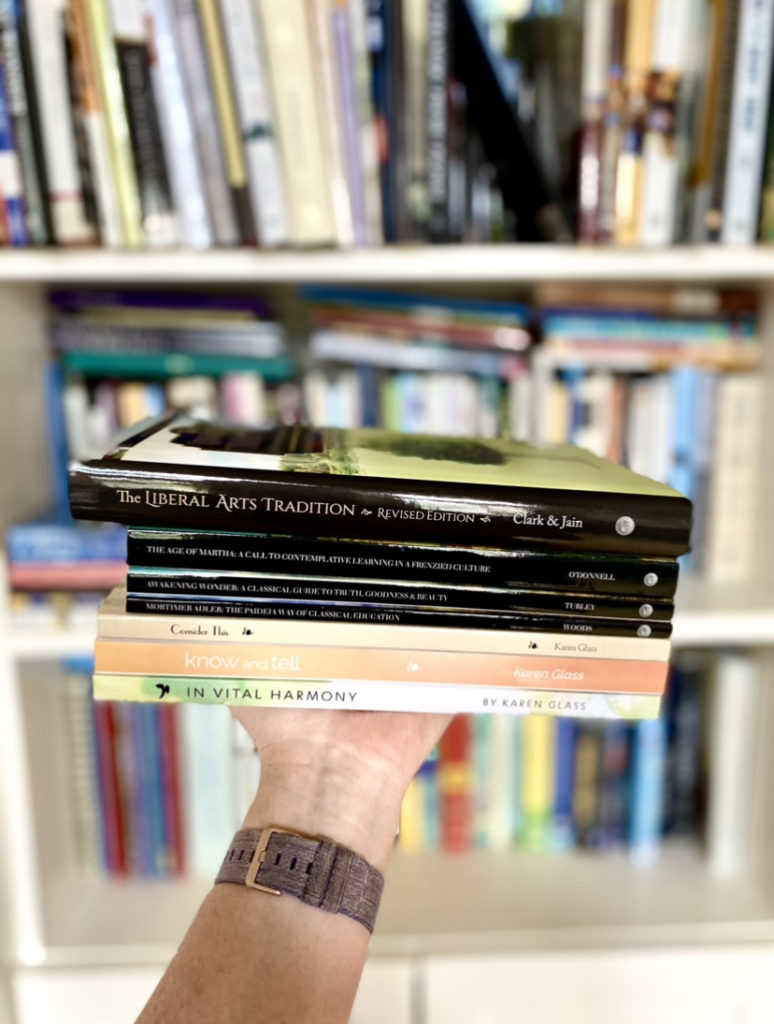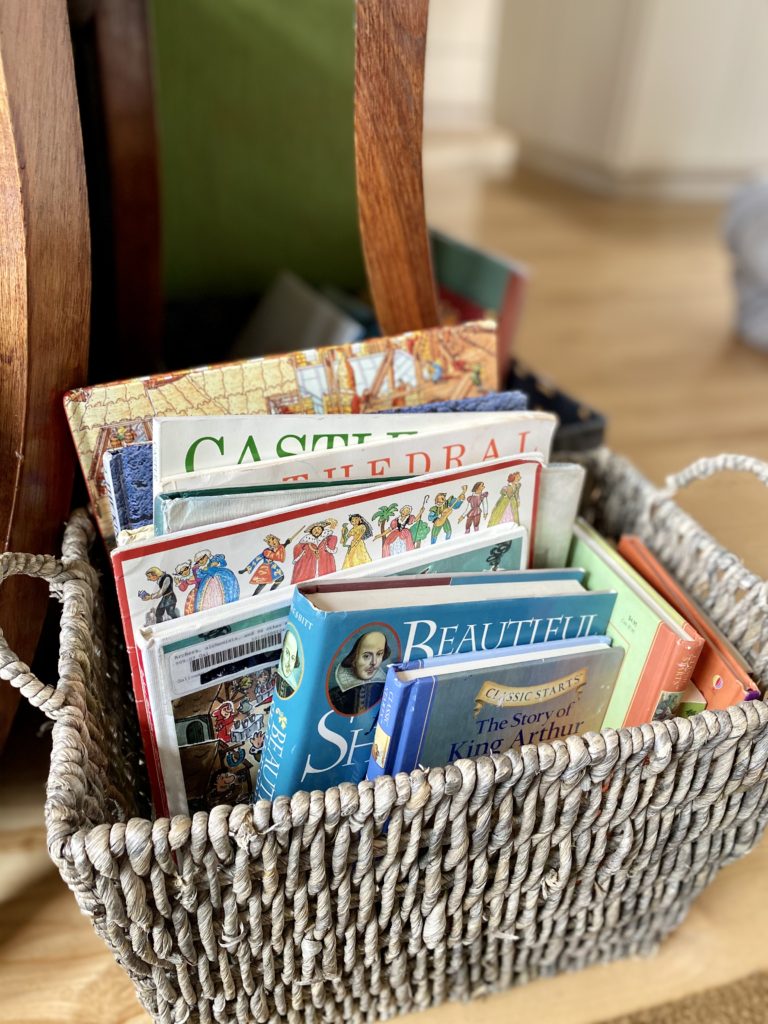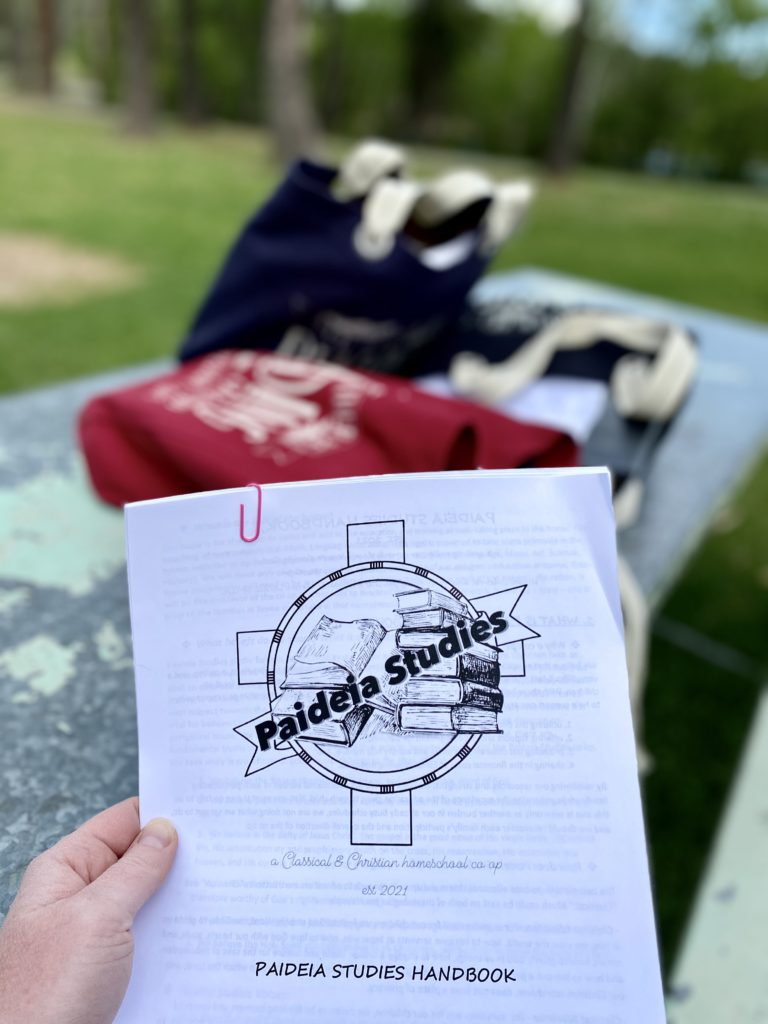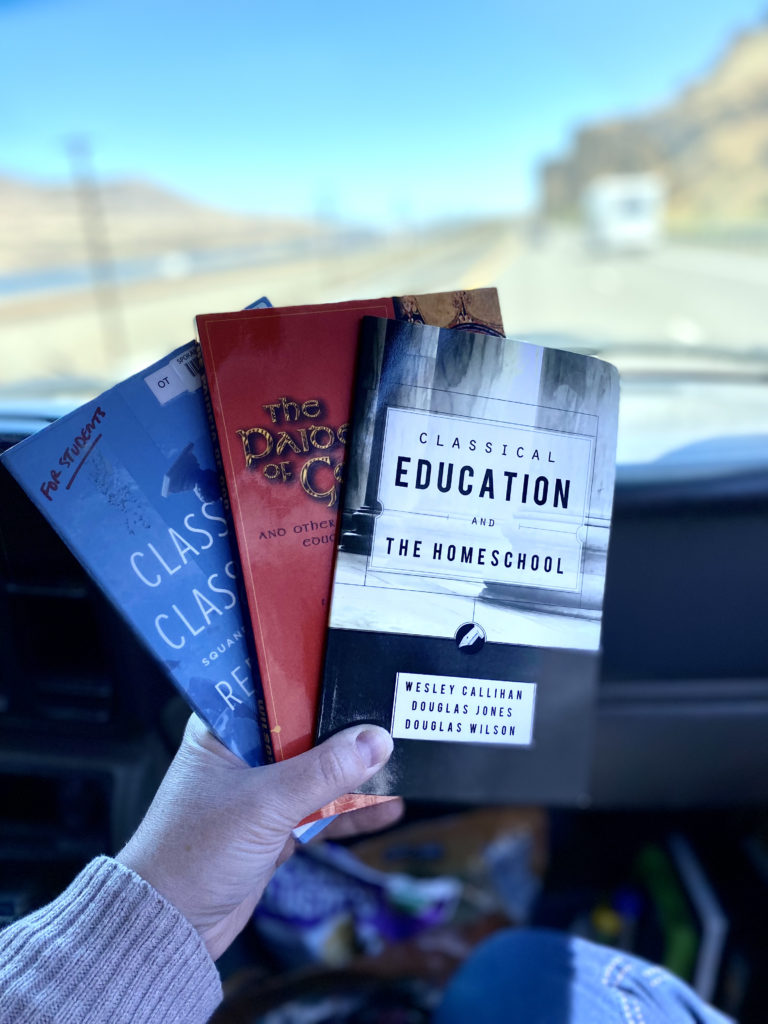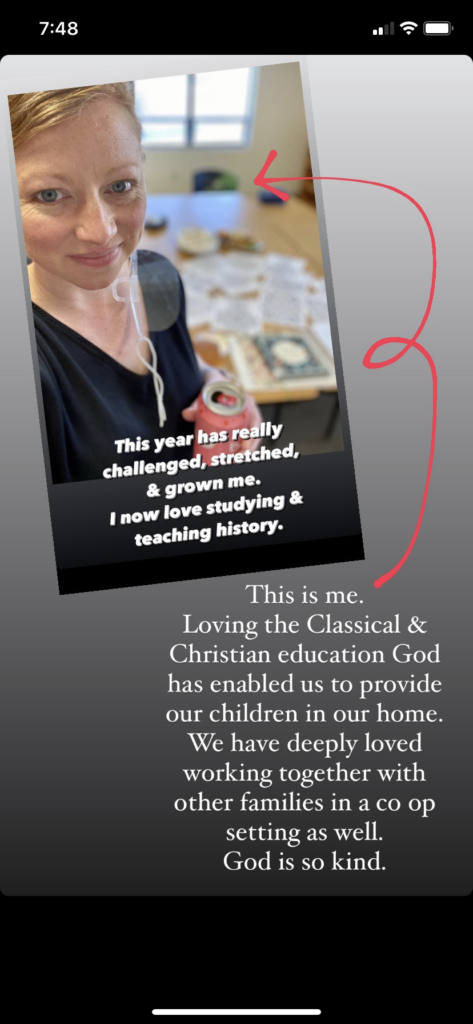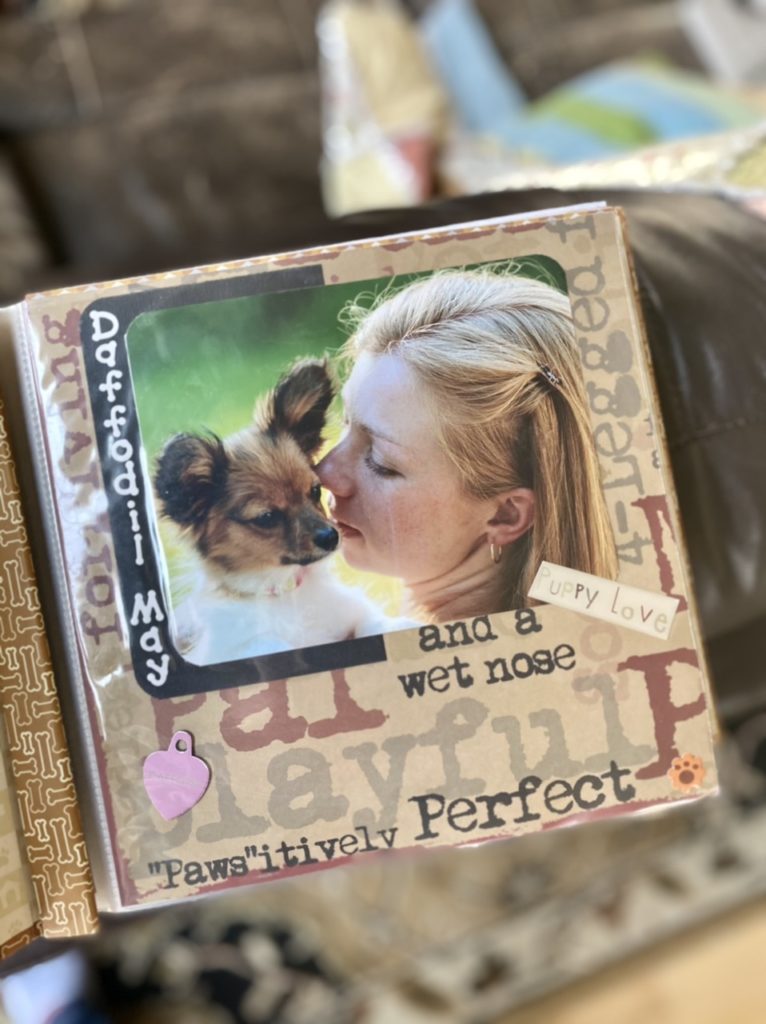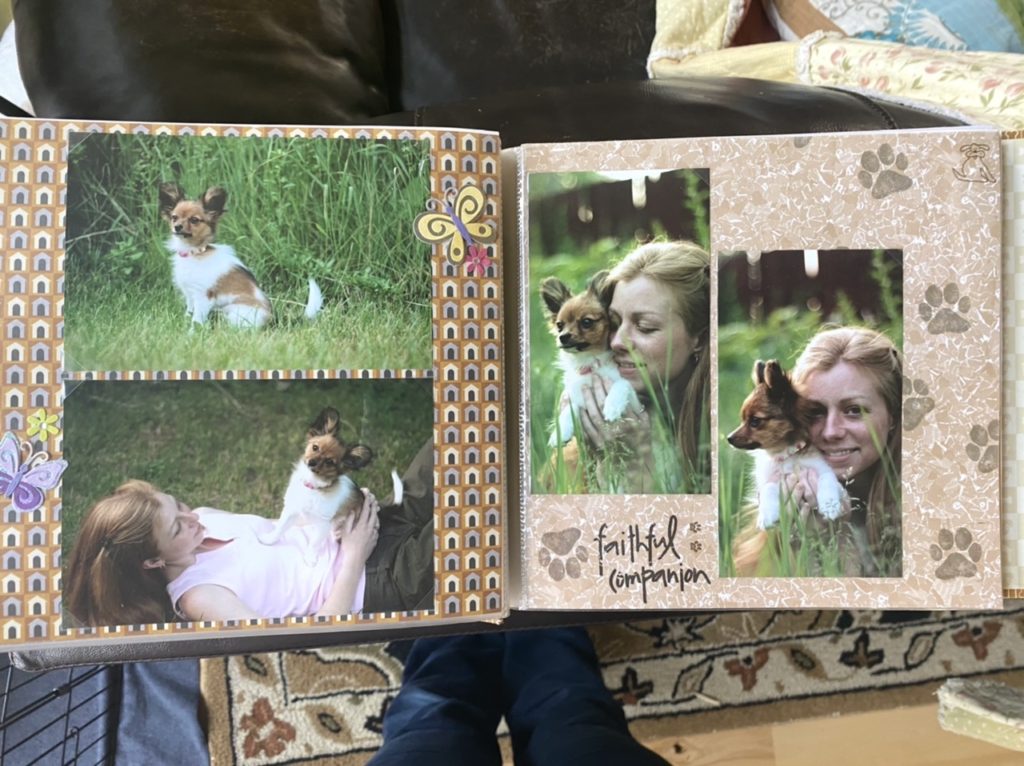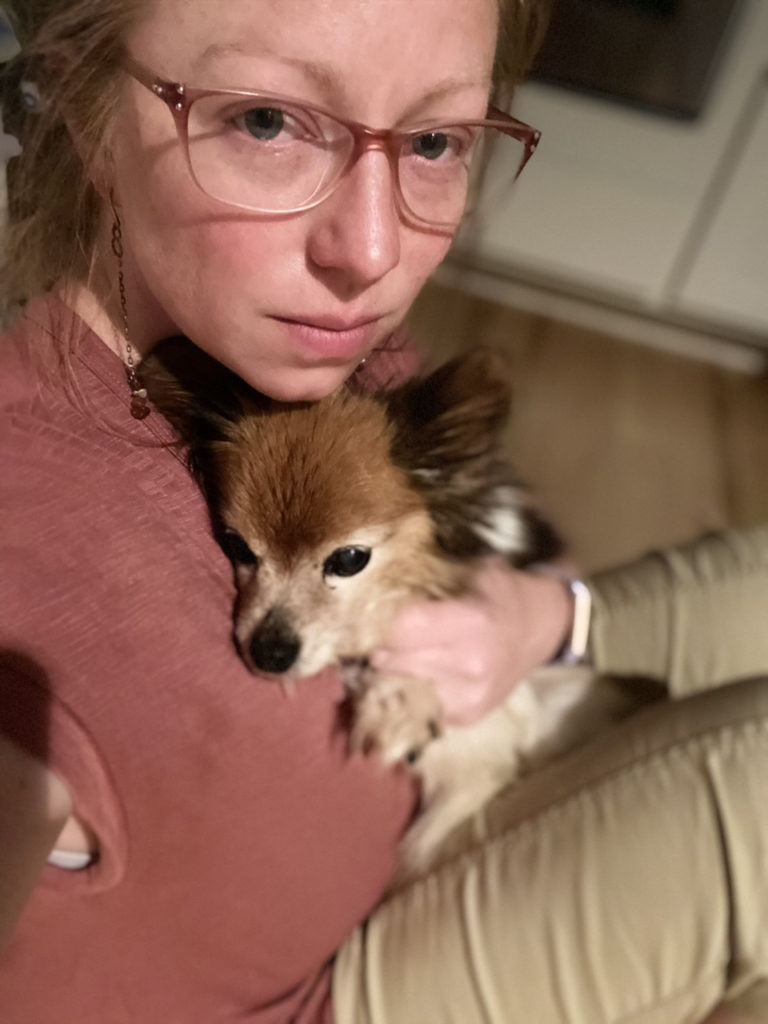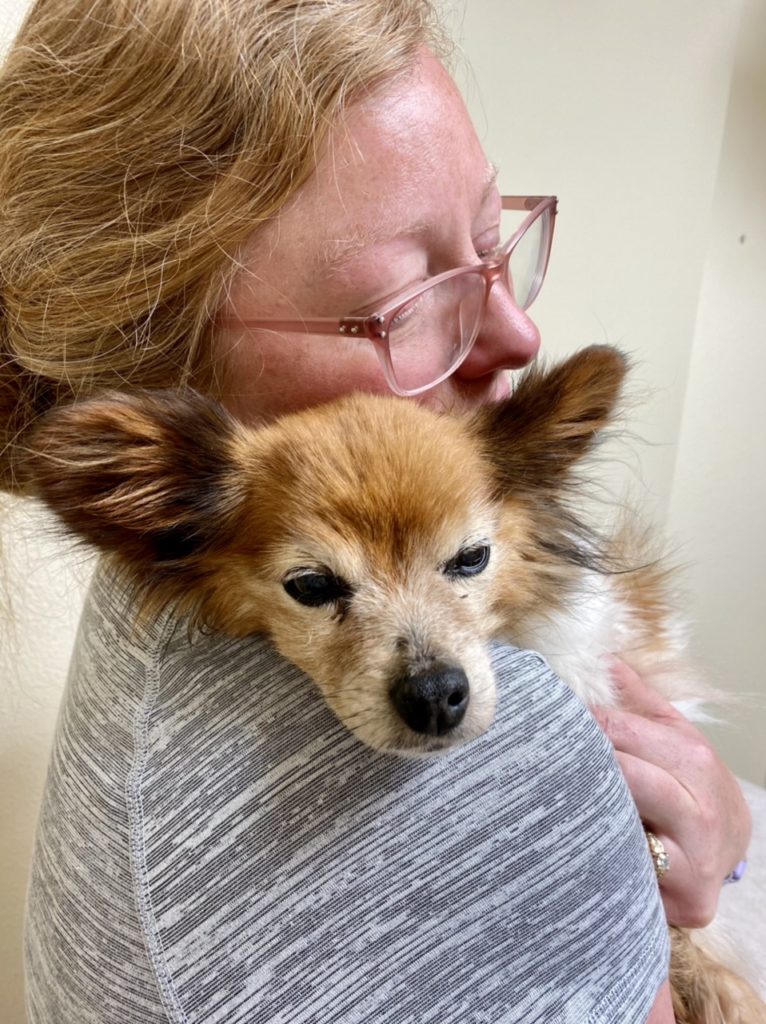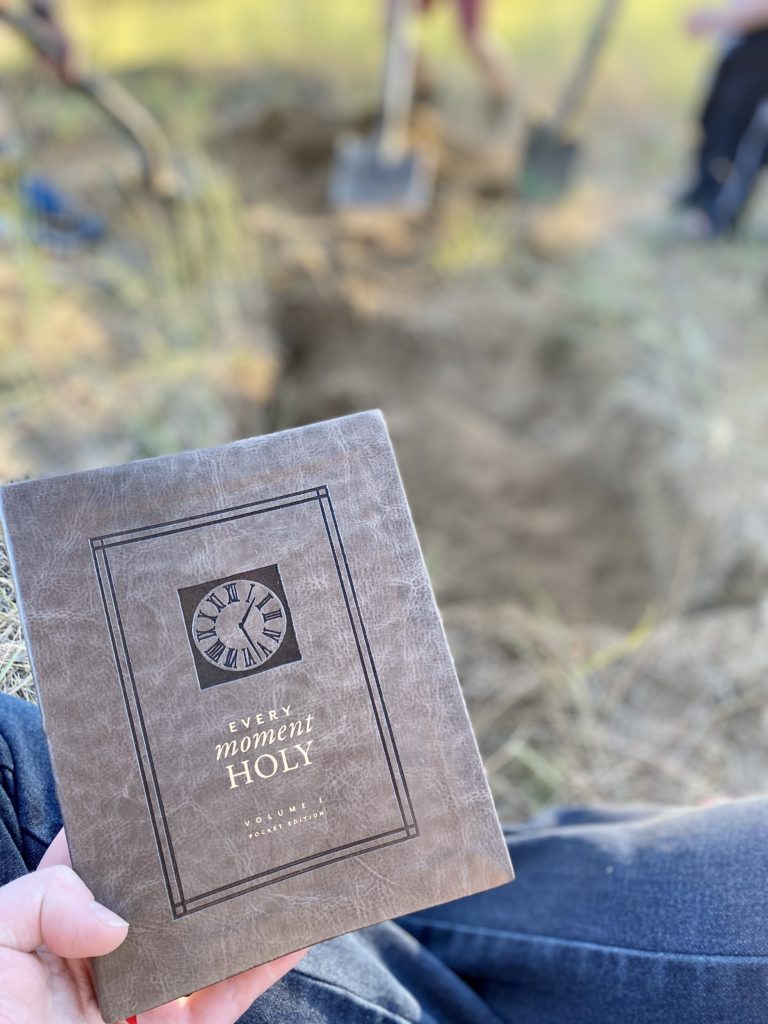I was asked to give a short talk on gospel hospitality last weekend, as about 25 women from our church and community met to discuss the beginning of Rosaria Butterfield’s book, “The Gospel Comes with a Housekey.” I was asked to share a perspective on hospitality which might be different from Rosaria’s experience (or even her evangelistic emphases) – that of showing hospitality within the church family, and specifically mentioning the variety of “one another” directives we are given in Scripture. This was simply the first few minutes of what turned out to be a lively and vibrant discussion where women shared their own experiences of both giving and receiving hospitality, both within and without the Christian family; and we discussed a couple chapters of the book, in addition to clarifying some semantics. We didn’t necessarily agree with some of Rosaria’s definitions or see eye to eye with her on perspectives of prerequisites. But we all agreed that Rosaria’s heartfelt passion for the Gospel and for loving others is just contagious and captivating. I’m so grateful to be part of a local church, and to be building relationships now with people in my own community. And discussing hospitality, sharing with one another about ways we have or could experience this together, was such a blessing.
…..
1 Peter 4:8-10, “Above all, keep loving one another earnestly, since love covers a multitude of sins. Show hospitality to one another without grumbling. As each has received a gift, use it to serve one another, as good stewards of God’s varied grace.”
When Amber asked me to speak a little bit about the aspect of “one another” in the context of hospitality, this verse is what came to my mind. Here in 1 Peter, we are called to do a few different things for one another: to keep loving, to show hospitality, and to serve. These are ways we give our lives for the lives of those around us.
Interestingly, a few years ago at another church, I was asked to research (& then share) some things about “the one anothers” in Scripture. (I posted a prayer here that came from that study as well.) One of the main things I came away with from that short study was the simple reminder that I am called to give up myself for others, I am to imitate Christ my Lord in sacrifices big and small. The pastor who baptized me a couple decades ago uses the phrase, “my life for yours.” That is what Christ did for us, and it is what we as His people are called to do for the others around us. Romans 12:13 says that we are to “contribute to the needs of the saints and seek to show hospitality.” These are some of the marks of a true Christian: meeting needs and showing hospitality.
Hospitality, in its many and varied forms, is an active living-out of “my life for yours.” I will give of myself in order to give life to you. I will share my home to give you shelter, I will share my food to give you nourishment, I will share my belongings to ease your needs, I will share my shoulders to help bear your burdens, I will share my faith to bolster yours.
We have been shown the most sacred and awesome hospitality of all by being sinners saved by grace, for while we were yet sinners, God called us to become part of His family (Ephesians 2:5-8). He is preparing a home in heaven for us (John 14:2). And while we anticipate the blessing of the home He is preparing for us, Ephesians 2:10 says that we were “created in Christ Jesus for good works, which God prepared beforehand for us to walk in.”
At the same time, we need to be discerning and wise in how we share our homes and resources—in how we express godly hospitality—which is undoubtedly a good work prepared for us by our hospitable God. In the epistles of John, we read about false teachers and wolves in sheep’s clothing. In 2 John we read of the danger and warnings against opening one’s home to destroyers of the faith. There is a hospitality which is an act of charity, mercy, and compassion regardless of the spiritual state of the recipient (which is what Rosaria is emphasizing throughout The Gospel Comes with a Housekey), but we are called in Matthew 10:16 to be wise as serpents and innocent as doves. The exhortation for wisdom and innocence there is Jesus warning His people to be watchful for the enemy. So we must temper our merciful hospitality with much godly wisdom.
1 Corinthians 15:33 says that bad company corrupts good morals, which is generally understood to mean that it is incredibly difficult to withstand secular, godless company—this is why Paul encourages us strongly to put on the full armor of God. When we pursue hospitality to those outside the fold of Christ, we ought to be particularly well-armed, and we ought to shelter our especially vulnerable sheep (our children) well.
2 John 1:6-11, “And this is love, that we walk according to His commandments; this is the commandment, just as you have heard from the beginning, so that you should walk in it. For many deceivers have gone out into the world, those who do not confess the coming of Jesus Christ in the flesh. Such a one is the deceiver and the antichrist. Watch yourselves, so that you may not lose what we have worked for, but may win a full reward. Everyone who goes on ahead and does not abide in the teaching of Christ, does not have God. Whoever abides in the teaching has both the Father and the Son. If anyone comes to you and does not bring this teaching, do not receive him into your house or give him any greeting, for whoever greets him takes part in his wicked works.”
That’s kind of heavy stuff. And of course we use Scripture to interpret Scripture, and can not take this portion out of context. But I think it is prudent to point out here that God is urging us toward wisdom in regard to who we spend time with on the largescale, and who we greet and receive into our homes. Rosaria was brought to the Gospel through the hospitality of a couple—and it was in the context of intellectual banter and spiritual warfare. The people who welcomed her into their home and gave her a place at their table were prepared and equipped and armored. This is how we too ought to pursue hospitality toward the unsaved. Be hospitable, but do it after girding up your loins for battle.
But how about showing hospitality toward Christ’s flock? The people in your own church body, sitting in the front row, or down the pew from you. What about your pastor’s family? What about other people who serve in the worship service? What of giving your life (your home, your time, your table) for them? Romans 12:13 exhorts us to contribute to the needs of the saints, and show hospitality. Paul also says in Galatians 6:10 that we are to “do good to all men, but especially to those who are of the household of faith.” We ought to be particularly spurring one another on toward love and good works and hospitality within Christ’s family. Jesus Himself shows us by example in Matthew 12 that the people of God, “whoever does the will of My Father in heaven” are His brother and sister and mother.
I don’t think you can go away from Rosaria Butterfield’s book without feeling the weightiness and validity of her argument that sharing the gospel through hospitality is an incredible witness of grace and act of love. But if we don’t start closer to home, I think we do ourselves, our families, our church families, and our communities (including the unchurched and unsaved) a disservice.
My mom was taught the gift of familial hospitality through my grandma’s hospitality. Growing up, we had Sunday night family dinner—five generations of us—at my grandparents’ house every week. It was a glorious blessing. There were believers and unbelievers gathered around that table—every single one of us, sinners. Regular hospitality to multiple generations of family members (and the occasional friends that got brought along with us to the table) was exemplified, and my mom and I both learned from that example. My grandma hospitably welcomed her parents and her grandma to live with them. My mom later hospitably welcomed her grandfather, and later her inlaws to live with us. And when she was unable to have her own parents live closeby, she took hospitality one thousand miles distance, flying on a plane to visit them multiple times a year to love them, care for them, minister to them. My grandma still enjoys the harvest of fruit in my mom’s hospitality, and it is one of my mother’s main endeavors right now: to honor her mother, and a lot of it through various forms of loving hospitality. My mom learned something else from my other grandmother: she learned community hospitality from her mother-in-law, learning how to do things like host potlucks for their square dancing clubs and welcome large community groups into her home—like my dad, I’ve heard that my Grandmother Bennett “never knew a stranger.” She loved and welcomed everybody, and my mom learned community hospitality that way. My mom made home cooked meals for my dad’s entire staff luncheon every single Wednesday. That was a unique form of hospitality—she never made the same thing twice. And she blessed his staff so much through her food that she ended up making little cookbooks for them as gifts at Christmastime so they could then show culinary creativity as hospitality as well. She also threw amazing parties throughout my childhood for any random holiday or occasion you can imagine. But it was Sabbath meals, a midday dinner after Sunday morning worship service, where she would regularly gather twenty or more people around one table and serve a feast—it was that kind of church family hospitality that she really loves, and which I gratefully learned from her & now love to also pursue. Neither my mother nor my grandmothers had big block parties every summer or invited all the neighbors into their portico every Sunday afternoon like Rosaria writes about. But they all had unique talents given to them by God, and joyfully served the people God gave them through the sacrifice and service of hospitality.
I have the blessing now of having my own home, and I get to extend hospitality. And I am so grateful that I have the legacies of my mother and grandmothers to build upon. I love that we have a dedicated guest room so that our long-distance relatives always have a place to be welcomed whenever they want—and when they are not here, the bed is always made and the towels are always clean, because I want it to be a ready place of welcome if there is ever a need brought to my attention. It doesn’t happen very often, but it is there. And that is important—we are seeking how to be ready to show hospitality when the need arises.
I love to host extended family for Saturday evening Advent feasts throughout the month of December. I love to host church families for Sunday afternoon soup & bread throughout the month of December as well. We built our house with an open floor plan so we could fill it with guests, and laid ten thousand square feet of sod for a yard so we could welcome families to fill it up and play hard.
Someday, I might even be able to invite all the neighbors on my street to an ice cream social—I hope so. But right now, I am practicing my hospitality in ways a little closer to home. Especially while my children are young and vulnerable, I purposely keep our sphere small. I choose carefully what people come into my home and around my little ones. Their armor is on, but it isn’t as stalwart yet as it will become. My first ministry, and my most important hospitality, is shown to my closest neighbors—who happen to live right in my home.
So as someone who is living a very different life from Rosaria Butterfield’s story, but as someone who passionately embraces the theology & importance of hospitality like she does, I wanted to just share some brief ideas of how we can specifically bless one another in the household of faith.
When someone is ill, recovering from childbirth or illness or a procedure, drop off a meal. It doesn’t have to be fancy or complicated—it needs to nourish the body and the soul. This shows a welcoming love for one another.
When someone is rejoicing or grieving or needing a bit of encouragement, pick a bouquet of flowers (or grab a small bunch at the grocery store), and leave it on someone’s doorstep. This shows a welcoming love for one another.
When you are cooking something freezable—lasagna, enchiladas, chili, meatloaf—make an extra pan or two in disposable bakeware so you always have something on hand in the freezer to give away when a need arises. This shows a welcoming love for one another.
When you know it’s going to be over one hundred degrees for a week, and you have air conditioning or a creek or lakefront property or a really great set of sprinklers, invite people over to cool off. Put a package of OtterPops in the freezer so you can cool people off from the inside out. This shows a welcoming love for one another.
Take someone out for coffee. Treat a lonely friend to breakfast. Share a cup of tea with a widow. Invite a college student over for Thanksgiving. Deliver fresh bread and honey butter to the neighbors “just because.” Text a friend from Costco to see if she needs anything picked up while you’re already there. Have an open house lawn party—set up lawn games, roast some marshmallows, make a huge bowl of popcorn, and pour countless glasses of Country Time lemonade. These are all ways to show welcoming love for one another.
Sometimes hospitality looks different than we imagine it would. Or could. Or should. But we don’t all have the same gifts—we don’t have the same personalities, resources, skills, or even spheres of influence. But we are all called to contribute to the needs of the saints and to pursue hospitality. Ask the Lord to show you what needs are throbbing in the saints around you. Ask Him to help you pursue hospitality among the household of faith. Ask for His provision so that when you bring your small basket of loaves and fish, it would be His love which multiplies your offering so that all who gather around your table will be nourished and sent away full. With leftovers. Because He is that kind of God. And we ought to be that kind of people.
Throughout Scripture, we are called to LOVE one another, to SHOW KINDNESS to one another, to SPEAK THE TRUTH to one another, to HONOR one another, NOT TO WRONG one another, to BEAR THE BURDENS of one another, WEEP with one another, ENCOURAGE one another, EXHORT one another, GREET one another, HAVE FELLOWSHIP with one another, WAIT for one another, BE AT PEACE with one another, SING to one another, USE GIFTS for one another, SERVE one another, CONFESS SINS to one another, FORGIVE one another, PRAY FOR/WITH one another, and WELCOME one another with hospitality.
So as we continue our discussion and see how Rosaria uses her own giftings and resources to share the gospel with people in a welcoming way, let us not forget to start where we are—to treat one another with welcome and hospitality in creative, generous, joyful ways. Starting with the people in your own home, then your own church, and then beyond that to your community. 1 Peter 4:9-11 says, “Show hospitality to one another without grumbling. As each has received a gift, use it to serve one another, as stewards of God’s varied grace… in order that in everything God may be glorified through Jesus Christ. To Him belong glory and dominion forever and ever. Amen.”
